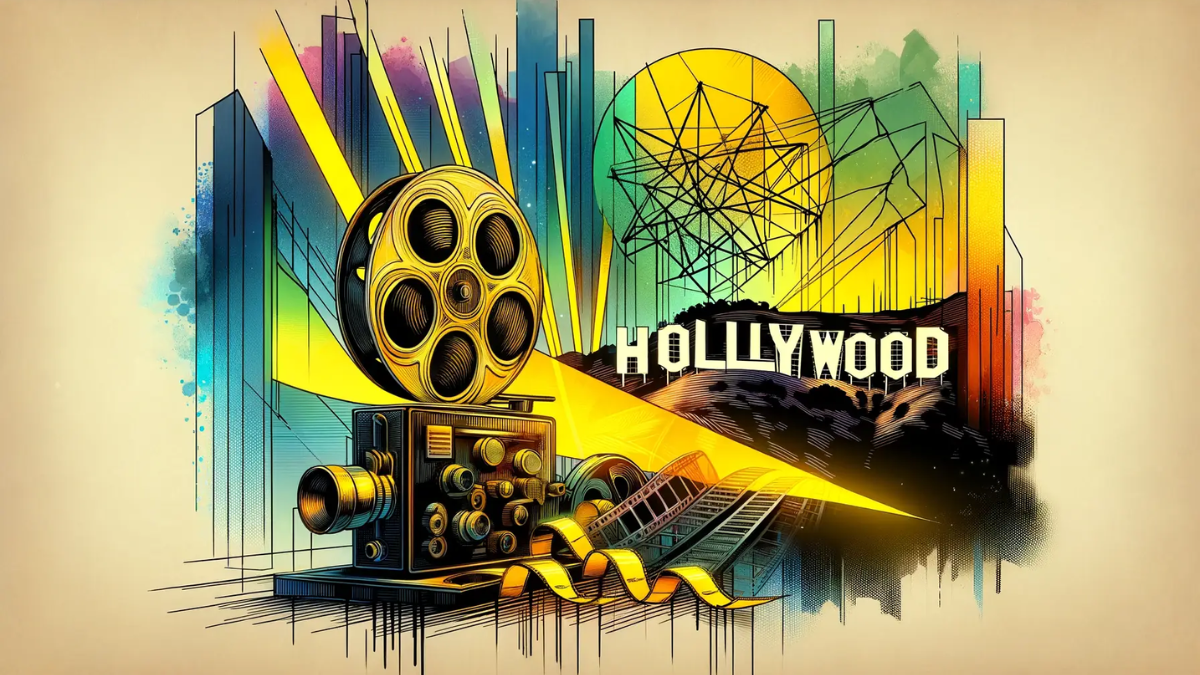Hollywood’s Rollercoaster Summer: From Decline to Rebound in The Movie Industry

In the tumultuous world of Hollywood, where headlines can make or break careers overnight, the narrative of cinema’s fate has taken a wild ride this summer. What began as dire predictions of the death of movies amid the ongoing pandemic and shifting viewing habits has evolved into a surprising resurgence, revealing the industry’s ability to adapt and thrive in uncertain times.
At the outset, the outlook for movies seemed bleak. The COVID-19 pandemic forced theatres to shutter temporarily, pushing major studios to postpone blockbuster releases or pivot to digital platforms. Streaming services surged in popularity, offering audiences an alternative to the traditional cinema experience. Data reflected a significant shift in consumer behaviour, with searches for streaming platforms soaring while interest in theatrical releases waned.
Also Read: Exploring The Licensing of Movie And TV Content For AI Training
As Hollywood entered the summer season, the prevailing sentiment among pundits and industry analysts was pessimistic. Articles and opinion pieces proclaimed “Movies Are Dead!” in the face of declining box office revenues and an uncertain future for theatre chains. The narrative of a struggling industry seemed cemented, with concerns over the viability of the traditional theatrical model dominating discussions.
Yet, against this backdrop of doom and gloom, a remarkable turnaround began to unfold. Unexpected successes at the box office injected a newfound sense of optimism. Blockbusters like ‘Fast & Furious 9’, ‘Black Widow’, and ‘A Quiet Place Part II’ defied expectations, drawing audiences back to theatres in numbers that surprised even the most seasoned analysts.
Behind the scenes, Hollywood studios and filmmakers navigated a delicate balancing act. The hybrid release strategy emerged as a key trend, with major studios opting for simultaneous theatrical and streaming premieres to cater to diverse audience preferences. This approach not only maximised reach but also reflected a broader shift in consumer behaviour towards on-demand viewing while preserving the allure of the silver screen.
The cultural impact of movies’ resurgence extended beyond box office receipts. Films became catalysts for community engagement and cultural discourse, reigniting conversations about representation, storytelling, and the power of cinema to captivate and inspire. From indie gems sparking critical acclaim to blockbuster spectacles redefining the summer movie season, each release contributed to a dynamic and evolving narrative of Hollywood’s resilience.
As the summer progressed, the industry’s narrative shifted once more. The delusional phase of Hollywood’s frantic summer gave way to cautious optimism and a renewed sense of purpose. Filmmakers and audiences alike embraced the return to theatres as a reaffirmation of cinema’s enduring appeal and cultural relevance. Recent trends reflected this evolving sentiment, with queries about upcoming movie releases and theatre experiences trending upwards, signalling a hopeful outlook for the future of movies.
Looking ahead, the path forward for Hollywood remains uncertain yet promising. The lessons learned during the delusional phase of this summer—adaptability, innovation, and the power of storytelling—will shape the industry’s trajectory in the post-pandemic era. As audiences rediscover the magic of movies and studios continue to innovate, one thing is clear: the narrative of cinema’s demise was premature. In its place emerges a story of resilience, reinvention, and the enduring allure of the silver screen in an ever-changing world.
-Sushmita Sarkar








